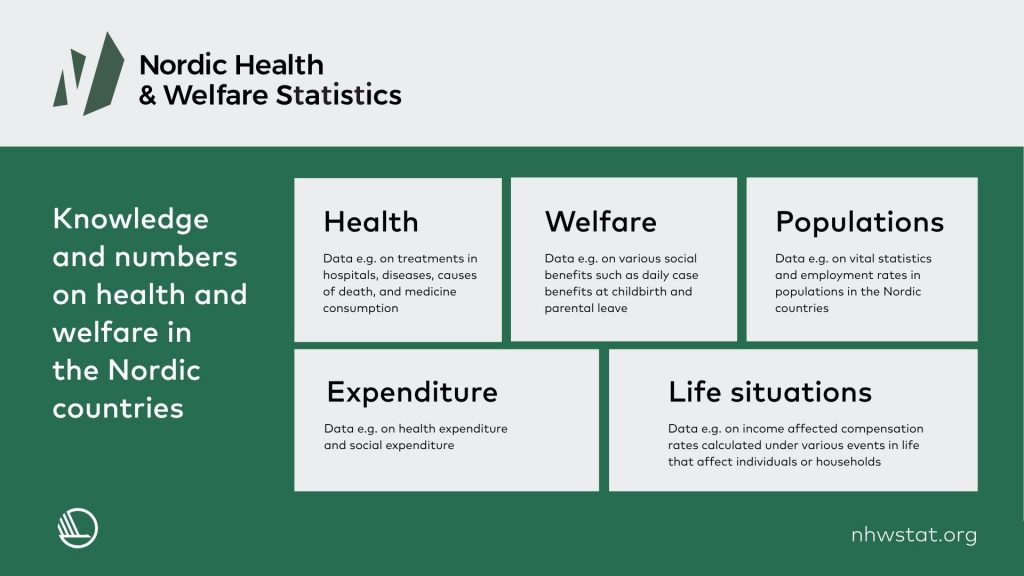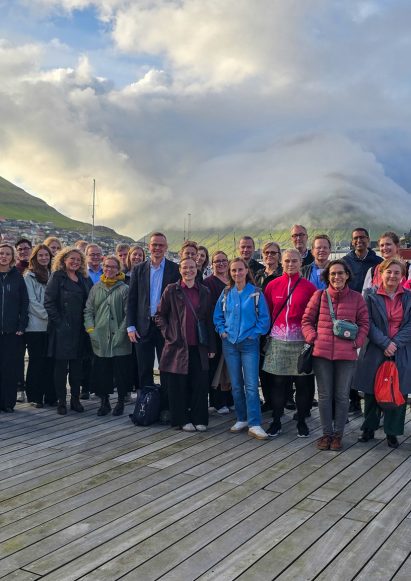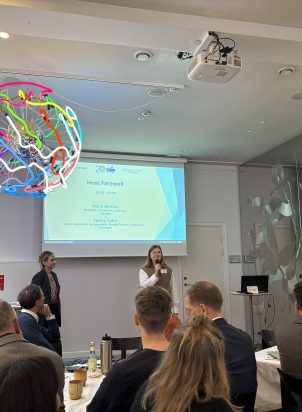On 2–4 September, representatives from the Nordic Medico-Statistical Committee (Nomesco) and the Nordic Social Statistical Committee (Nososco) gathered in the Faroe Islands for their annual plenary meeting.
The meeting brought together national experts and representatives from across the Nordic Region to review ongoing activities, share knowledge, and plan future priorities. Central themes included the continued development of health and social statistics, data collection, new web developments, and ensuring that data remains relevant and accessible for policymakers, researchers, and citizens.
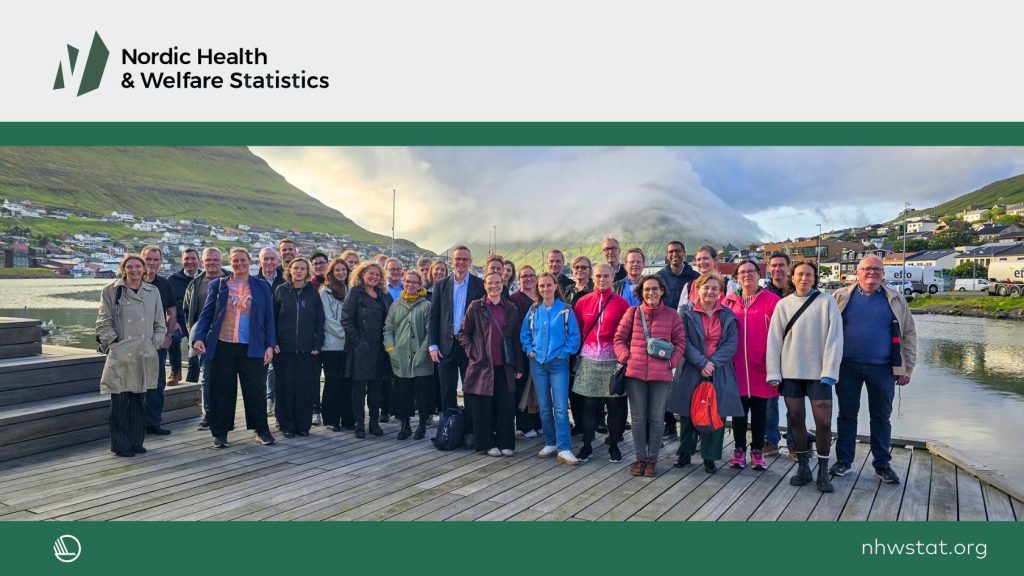
A strong platform for long-standing collaboration
Nomesco and Nososco are among the oldest Nordic cooperation bodies. Nososco was established in 1946 and Nomesco in 1966 by the Nordic social and health ministers to collect comparable statistics and information on health, health care and social conditions across the Nordic countries. Nomesco and Nososco work in close cooperation with the Nordic Council of Ministers.
The committees are composed of national delegates from the Nordic countries, whose expertise and cooperation drive the development of high-quality statistics. The long-standing collaboration has created unique, comparable time series that cover key aspects of life in the Nordic Region, from morbidity, causes of death and health expenditure to social protection, welfare services, and living conditions.
Nordic added value of joint work
The plenary meeting in the Faroe Islands underlined the importance of continued Nordic collaboration in this area. While each country produces its own statistics, the joint work through Nomesco and Nososco provides clear added value:
- Comparability: Harmonised definitions and methods make it po
- ssible to meaningfully compare developments across countries.
- Long-term perspective: Joint efforts have built unique time series covering several decades.
- Efficiency and trust: Pooling expertise and resources reduces duplication and facilitates mutual learning.
- Policy relevance: Nordic cooperation ensures that statistical insights are directly connected to shared regional challenges and ambitions.
Hosting the meeting in the Faroe Islands also highlighted the importance of including perspectives from all parts of the Nordic Region, ensuring that the cooperation remains relevant to both smaller and larger countries. All the Nordic countries and regions are represented in the committees, including the Faroe Islands, Greenland, and the Åland Islands.
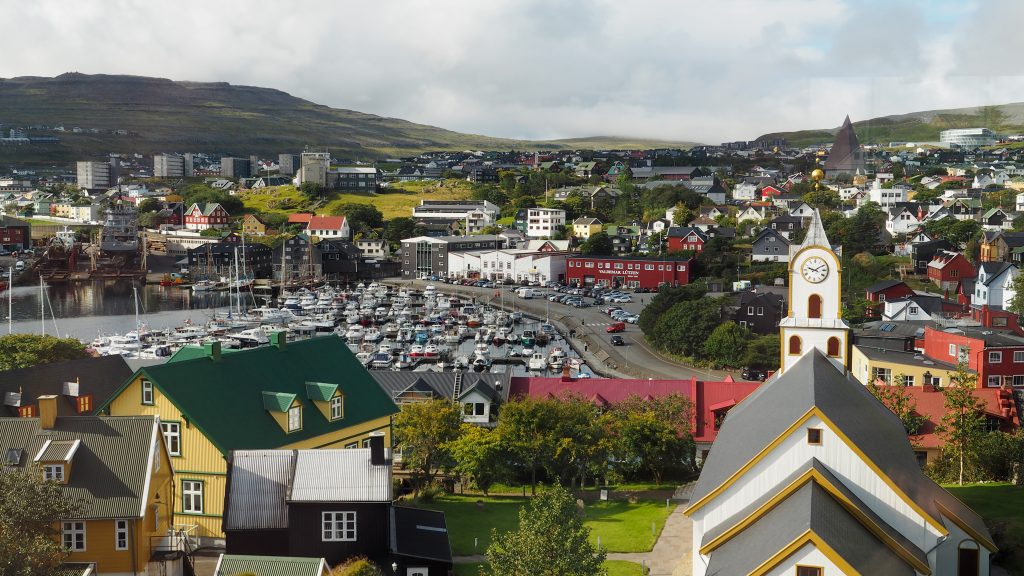
Facilitating cooperation, strengthening dialogue
Nordregio hosts the Nomesco-Nososco Secretariat and facilitates the work of the committees, and strives to enhance synergies between research, statistics, and policy development. “Reliable and comparable statistics are crucial for understanding health and welfare trends across the Nordic countries,” said Vitor Miranda, Senior Project Manager at Nordregio. “Ensuring that Nordic health and welfare statistics remain relevant and accessible is essential. By working together, we can ensure that decision-makers have access to the best possible data to inform policies that benefit society.”
Nomesco and Nososco’s work benefits a wide range of stakeholders. Policymakers rely on the data to monitor health and welfare trends, researchers use it to conduct cross-national studies, and public institutions leverage the insights to improve service delivery. The statistics are freely available through the Nordic Statistics Database and the Nordic Health and Welfare Statistics portal, ensuring broad access to knowledge that supports data-driven decision-making.
